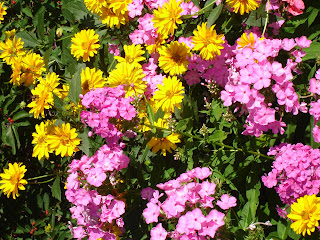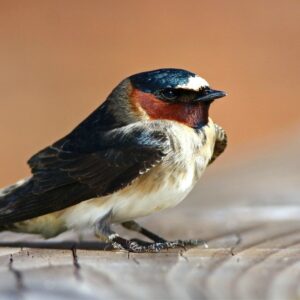Plants Flower Faster than Climate Change Models Predict
From BBC News:
Researchers found in long-term studies that some [plants] are flowering up to eight times faster than models anticipate …They suggest that spring flowering and leafing will continue to advance at the rate of 5 to 6 days per year for every degree celsius of warming…
… Researchers had assumed that plants would respond in essentially the same way to experimental warming with lamps and open top chambers as they would to changes in temperatures in the real world.Very little has been done to test the assumption until this study led by Dr Elizabeth Wolkovich, who is now at the University of British Columbia in Vancouver.
With her colleagues she studied the timing of the flowering and leafing of plants in observational studies and warming experiments spanning four continents and 1,634 plant species.
According to Dr Wolkovich, the results were a surprise.
“What we found is that the experiments don’t line up with the long term data, and in fact they greatly underestimate how much plants change their leafing and flowering with warming,” she said…
…She argues that the difficulties in mimicking the impacts of nature in an artificial setting are much greater than many scientists estimate. The team found that in some cases the use of warming chambers to artificially raise temperatures can sometimes have the opposite effect.
National and international citizen scientist efforts will help provide much more data to resolve the question.“In the real world, we don’t just see changes in temperature – we see changes in precipitation and cloud patterns and other factors – so certainly when you think about replicating changes in clouds, we are very, very far away from being able to do that…
Citizen science initiatives, like PlantWatch, provide real-world data that apparently is more important than ever — and the program connects people to nature in the process. PlantWatch coordinators across the country are looking for volunteers to take part if you’re interested.
[/two_third] [one_third_last]
[/one_third_last]




